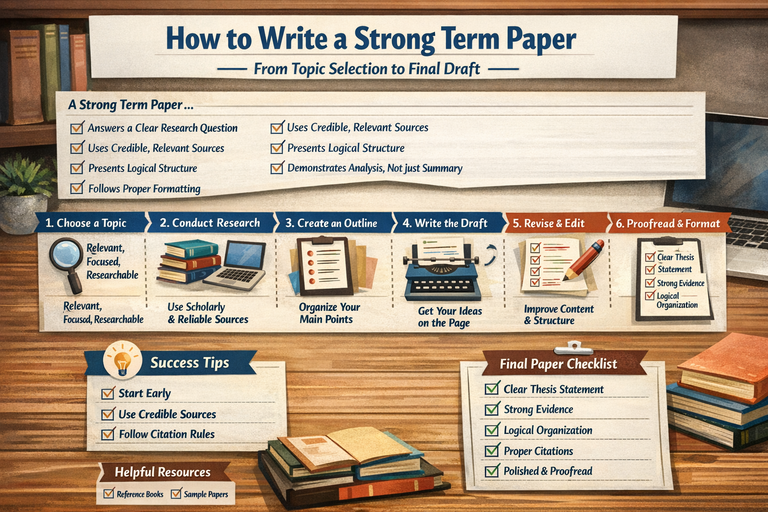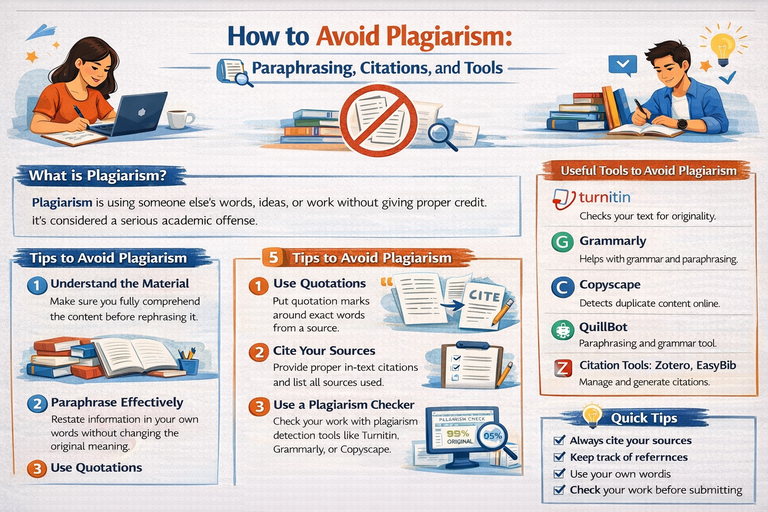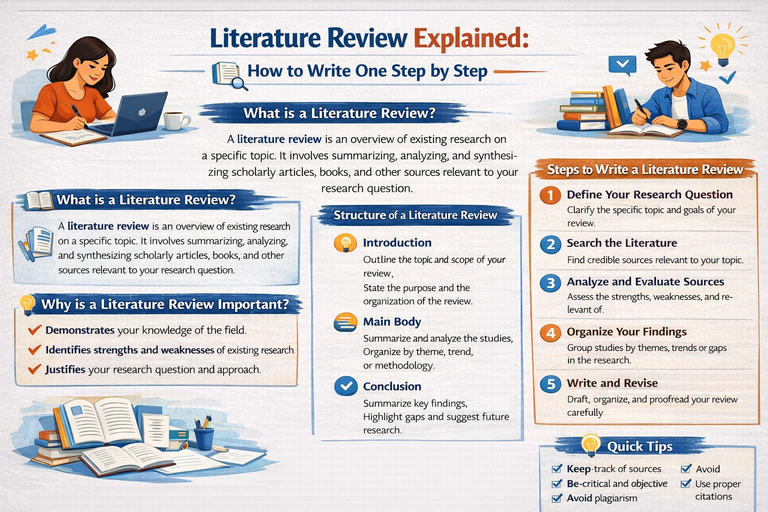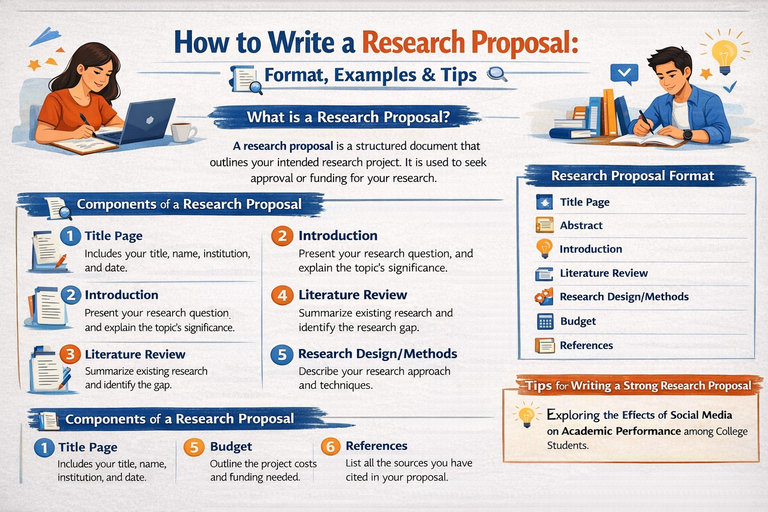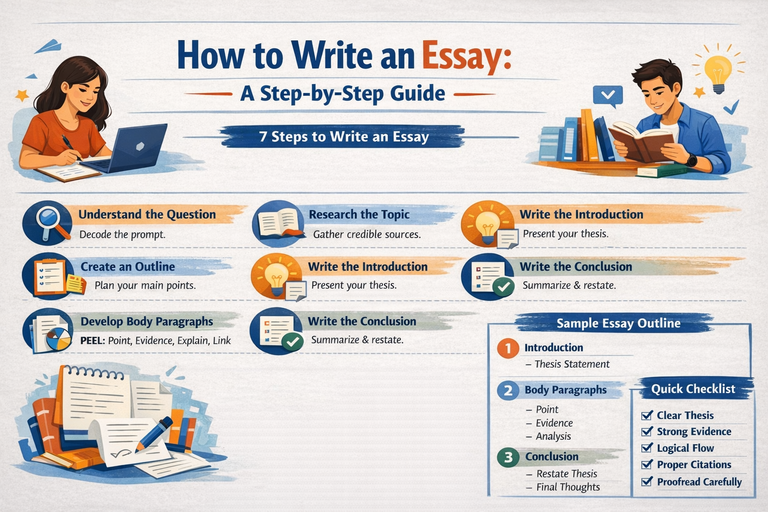The Psychology Behind a Great Resume: Insights from Employment Authors
A great resume is more than just a list of accomplishments—it’s a strategic tool designed to influence the reader’s perception. While formatting, keywords, and experience all matter, there's a deeper layer that employment authors are increasingly exploring: the psychology behind how resumes are read, understood, and remembered.
The hiring process, at its core, is a psychological one. Employers make snap judgments, form impressions based on tone and structure, and react emotionally as well as logically. That’s why some resumes stand out, while others—despite having strong credentials—fall flat.
Employment books today recognize this shift. They’re not just teaching job seekers how to format resumes; they’re teaching how to shape perception, build trust, and appeal to the emotional and cognitive triggers of hiring managers. At Junkybooks, we’ve been tracking these trends and how authors are using psychology to guide resume writing strategy.
Let’s break down the key psychological principles that make a resume great—according to some of the best voices in employment literature.
First Impressions Matter: The 6-Second Rule
Several resume experts cite research showing that recruiters spend an average of 6 seconds on an initial resume scan. This means first impressions are critical. Psychologically, the brain looks for pattern recognition, clarity, and ease of navigation during that brief moment.
Authors like Louise Kursmark and Wendy Enelow, in Modernize Your Resume, emphasize the importance of structure. They advocate for clean headings, clear sections, and white space to help guide the reader’s eye. This mirrors the principle of cognitive load—a design that reduces effort helps retain attention longer.
Psychology tells us that humans are wired to avoid confusion. So when a resume presents information in a digestible way, it builds trust. The easier it is to read, the more confident a recruiter feels about the candidate behind it.
The Power of Framing and Narrative
Resumes aren’t just about content—they’re about framing. Framing is a psychological concept that describes how information is presented in a way that influences interpretation.
Employment authors now teach readers to frame their achievements in terms of outcomes and value. Books like YouMap by Kristin Sherry show how to construct a resume as a narrative—turning a list of jobs into a coherent career story. The emphasis is not just on what you did, but how you made a difference.
Psychologically, this satisfies the brain’s desire for cause and effect. When employers see that your past actions led to measurable results, they’re more likely to view you as competent and effective.
Emotional Resonance: Why Tone and Language Matter
A resume may be a professional document, but it’s not devoid of emotional impact. The words you choose create a tone that can either connect with or distance the reader.
Books like Reinvention Roadmap by Liz Ryan stress the value of using human language—story-driven summaries, enthusiastic phrasing, and bold verbs. Liz talks about the “human voice resume” that breaks away from robotic language and instead showcases personality and authenticity.
This ties into the psychology of emotional intelligence. Recruiters and hiring managers want to feel something when reading your resume—confidence, trust, excitement. If the language is too dry or generic, it fails to make a lasting impression. But if it’s infused with energy and clarity, it sparks interest and engagement.
Anchoring: The Primacy of the Top Third
In psychology, anchoring refers to the cognitive bias that causes us to rely heavily on the first piece of information we see. This is especially true on resumes.
That’s why employment books now focus heavily on the top third of the resume—the section visible without scrolling. Authors encourage placing the most impactful information there: a professional summary, top skills, and key accomplishments.
Books like The Resume Writing Guide by Lisa McGrimmon suggest leading with a value proposition or tagline that immediately signals your unique strengths. This sets the tone for the rest of the document and helps guide the recruiter’s interpretation of what follows.
If you control the anchor, you control the narrative.
Social Proof: The Influence of Numbers and Testimonials
Humans are wired to seek social proof—evidence that others trust or value something. On a resume, this can be shown through metrics, results, awards, endorsements, and recognizable brands or institutions.
Employment authors often highlight the importance of quantifying achievements. Saying “Increased sales by 40% in Q2” carries more psychological weight than “Improved sales.” Numbers give the brain something concrete to latch onto—they build credibility and create visual contrast.
In some resume formats, especially for senior professionals, brief endorsements or testimonials are used to add credibility. Books like Brag! The Art of Tooting Your Own Horn Without Blowing It by Peggy Klaus explore how to highlight accomplishments without sounding arrogant, tapping into psychology’s rule of third-party validation.
The Psychology of Scarcity and Urgency
Another principle at play is scarcity—a marketing and psychological tactic that applies surprisingly well to resume writing. If a resume can subtly communicate that the candidate has rare skills, specialized experience, or a unique combination of traits, it creates a sense of urgency to act.
Authors like Austin Belcak, founder of Cultivated Culture, teach how to identify and emphasize “unicorn skills”—the intersection of rare technical ability and interpersonal strength. By combining unexpected elements (e.g., data science + storytelling, or UX + finance), a resume creates intrigue and exclusivity.
The result? The reader sees you not as one of many, but as someone they may not come across again.
Priming and the Role of Keywords
Modern resume books also highlight the psychological principle of priming—subtly influencing the reader’s expectations by repeating or mirroring certain words and themes.
This is where keywords become powerful. By carefully integrating language from the job description into your resume, you prime the reader to see you as the right fit. It’s not about deception—it’s about resonance.
Books like The 2-Hour Job Search by Steve Dalton offer systems for identifying and incorporating these terms naturally, so the resume feels tailored and relevant.
Priming also supports ATS optimization, helping your resume pass through initial screenings and reach human hands.
Building Trust Through Consistency and Authenticity
Trust is a major psychological currency in the hiring process. Resumes that feel inconsistent—jumping timelines, vague roles, or exaggerated claims—raise red flags.
Employment books now emphasize the importance of authenticity. Don’t oversell or include fluff. Instead, focus on real achievements and explain gaps or pivots honestly. Consistency across the resume, cover letter, and LinkedIn profile reinforces credibility.
Books like The New Rules of Work by Kathryn Minshew and Alexandra Cavoulacos suggest aligning every element of your job search materials to present a unified personal brand. This reduces psychological dissonance and builds recruiter confidence.
The “Mirror Effect”: Making the Reader See Themselves
Finally, there’s the mirror effect—a concept that suggests people are drawn to reflections of themselves or their values. When a resume mirrors the employer’s culture, mission, or language, it creates a sense of alignment.
Authors encourage tailoring resumes not just for roles, but for company culture. If a startup values agility and innovation, a resume full of rigid, corporate-speak may not land. If a non-profit values impact, then demonstrating mission-driven work is key.
Resumes that mirror what the reader is already looking for bypass skepticism and trigger positive emotional reactions. It makes them say, “This person feels like one of us.”
Conclusion
The best resumes are not just informational—they’re psychological tools crafted to influence, persuade, and inspire action. Modern employment authors understand this. They don’t just offer templates; they offer strategies rooted in human behavior, emotion, and cognition.
Whether you’re writing your first resume or updating it for a new career chapter, understanding these psychological principles can give you a powerful edge. Think beyond format. Think about how your resume feels, flows, and connects.
At Junkybooks, we believe that the future of resume writing lies at the intersection of strategy and psychology. The more you understand how hiring managers think and feel, the better you can shape your story in a way that resonates—and gets results.
Ready to craft a resume that speaks to both the head and the heart? Pick up one of the many insightful employment books that dig into these principles—and watch your job search transform.


